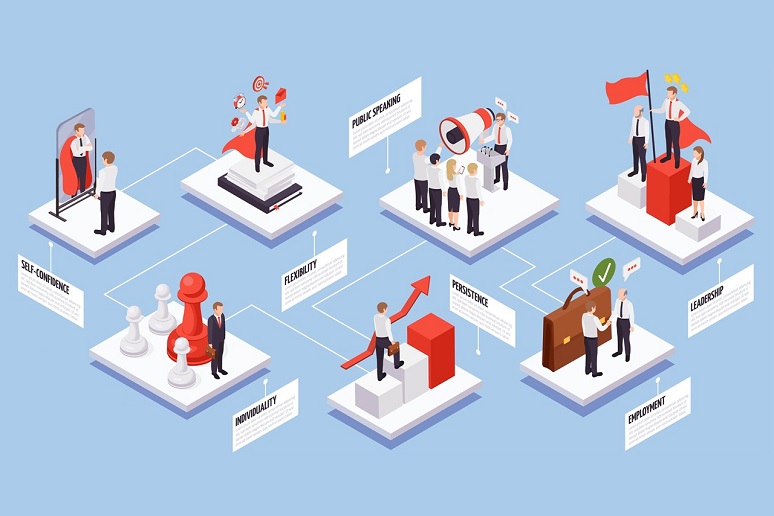Nick Kreilein moved to San Francisco to work for a commercial insurance broker, but he was disappointed that so few others went into the office. He is 28, has no children, and wanted to be in an office with colleagues so he could learn more.
He left that company and took a new job in early October for a competitor with an in-office culture. His new employer does not require in-person attendance, but Mr. Kreilein chooses to go in three to four days a week.
“I want to take the next step, not just sit behind a screen for the rest of my career,” he said.
I get it. I'll be the first to sing about the benefits of working from anywhere, but I wouldn't even be in a position to work wherever I wanted if I hadn't spent years in different offices.
Offices are great for learning by observing. When I got my first office job as a college junior, I spent a lot of time mentally tracking how my boss and her colleagues spoke in meetings versus one-on-one interactions. Even more crucially, I saw how office culture, fairly or unfairly, can shape the way an employee is perceived regardless of the quality of their work.
Throughout my twenties, I learned by watching. I noticed how one of my bosses framed her "no" replies in a way that still led colleagues to believe she was listening and considering their suggestions; I saw how another treated his time as a limited resource and managed it with clear-eyed pragmatism. I aped the productive soft skills my most gifted colleagues and supervisors had, from project planning to error prevention to swift deadline turnarounds.
All of this education was free and all I had to do was go to the office and pay attention to my coworkers. I still feel that way whenever I'm in the press room at any tech event—I'm always observing, looking for an answer to the question, "Is there anything I can be doing differently and better?"
The pandemic taught us that a lot of work can be accurately characterized as activity-based, not location-based. Turning in high-quality deliverables are only one part of work, though. There's also the process of working. It's harder to identify which working habits you can acquire or refine when you're working alone.
Younger workers are pretty keenly aware of what they're missing out on. Research has shown they're feeling disconnected from their jobs, and they suspect they're missing out.
An Indeed.com survey from August 2022 found that 82% of Generation Z workers (anyone born from 1997 onward) had never worked in an in-person office environment full-time, and of that group, 85% worried they were at a disadvantage when it comes to acquiring professional “soft skills” like developing relationships, communicating effectively or managing their social presentation around other people.
Ultimately, what workplace leaders will have to figure out is how to create a workplace culture that allows for this kind of soft-skill cultivation and for the sense of autonomy over one's work and time that so many people have come to value. Surely, there's an office or two where someone has already watched how their bosses did it—fingers crossed they can pass on the lessons to everyone else.
This article first appeared in the WorkSpace Connect newsletter, delivered every Wednesday to your inbox. To stay on top of the latest workspace insight and news, make sure to sign up for the newsletter today!




